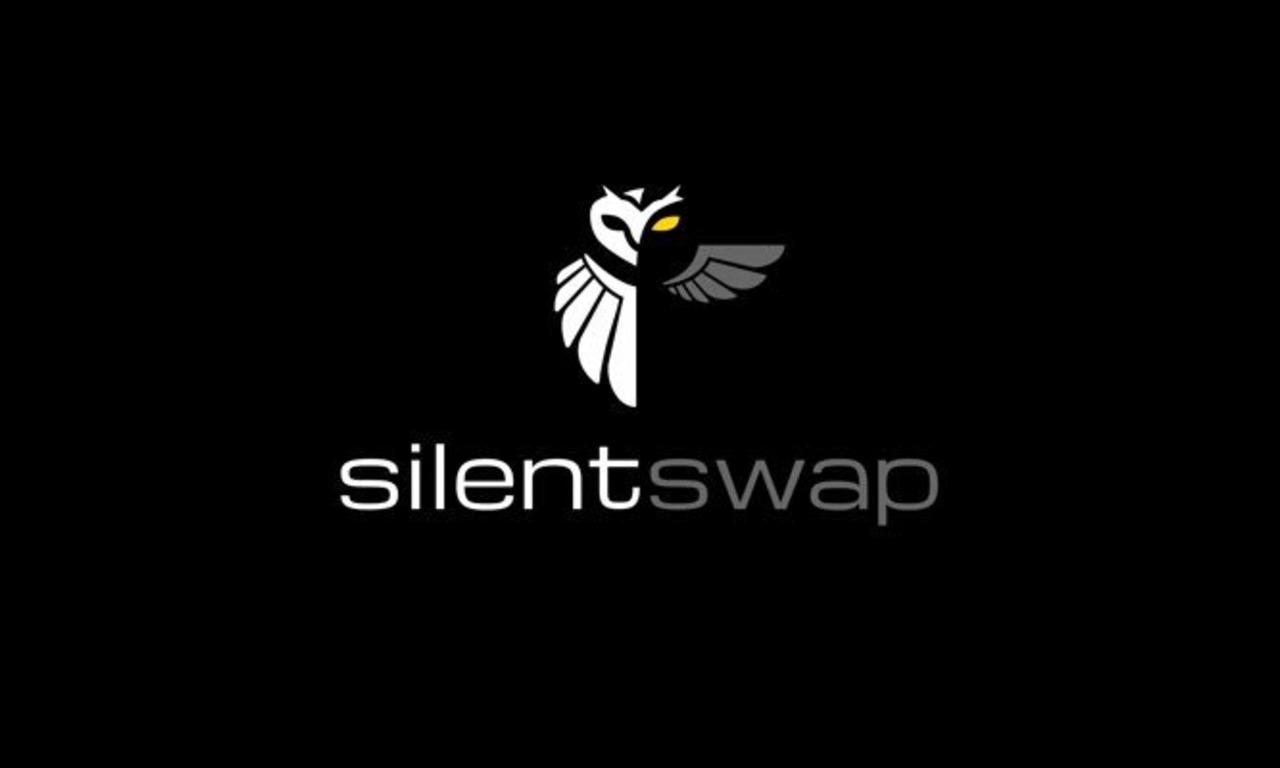
The post Ripple News: CEO Shares Views on Why SEC Shouldn’t Prevail appeared first on Coinpedia Fintech News
Ripple CEO Brad Garlinghouse believes that there will be advancements in cryptocurrency regulation following the U.S. presidential election. Speaking at the Crypto Investor Day, Garlinghouse addressed a cross-appeal filed last night that seeks clarification on whether an investment contract under the Securities Act must be explicitly defined.
Crypto investor Anthony Pompliano asked if deeming crypto tokens as investment contracts would affect platforms like Coinbase that allow these contracts. Garlinghouse responded and said that if the SEC wins on this point, it would be a disaster for the industry, pushing more activities offshore.
The CEO was also asked how he reconciles the SEC’s abrasive stance toward the crypto industry with its approval of Coinbase’s IPO and Bitcoin ETFs. Garlinghouse replied that the SEC approved the ETF “kicking and screaming” and was forced into it, calling it “BS” to credit them for that decision.
When asked about his optimism for Ripple in the next 12-18 months, Garlinghouse expressed excitement about increasing institutional interest. He said, “And it’s not just around Ripple’s payment flows. We’re now in the custody business, we’re actually getting into the stablecoin business. You know, there’s a lot to be optimistic about.” The CEO also poked fun and when asked to say one positive thing about current SEC chair Gary Gensler, he said, “There’s gonna be a new SEC chair.”
Trump has pledged to replace SEC Chair Gary Gensler if elected, asserting that future regulations will be shaped by those who support the crypto industry. Meanwhile, Harris has promised balanced regulations aimed at protecting digital asset investors, though specific details remain unclear.
Garlinghouse has been actively supporting pro-crypto candidates and recently endorsed John Deaton, who is challenging anti-crypto Senator Elizabeth Warren in Massachusetts. As the election approaches, the future of crypto regulation remains uncertain.











